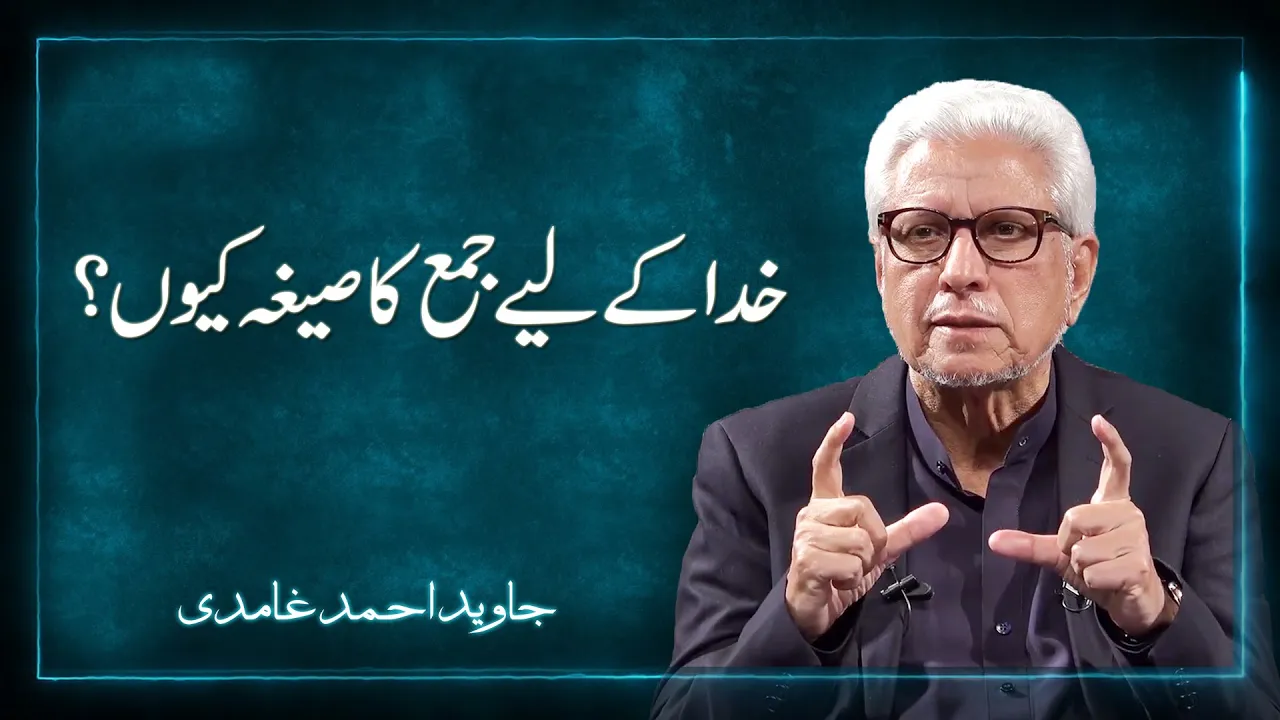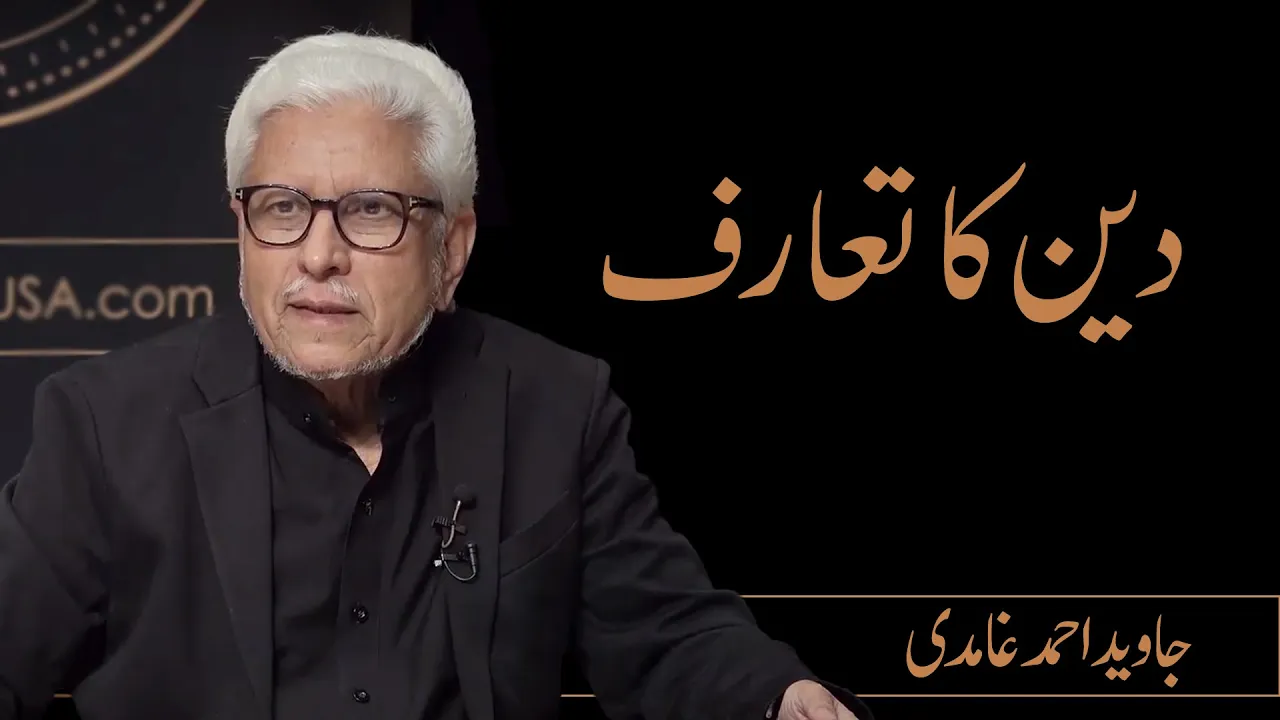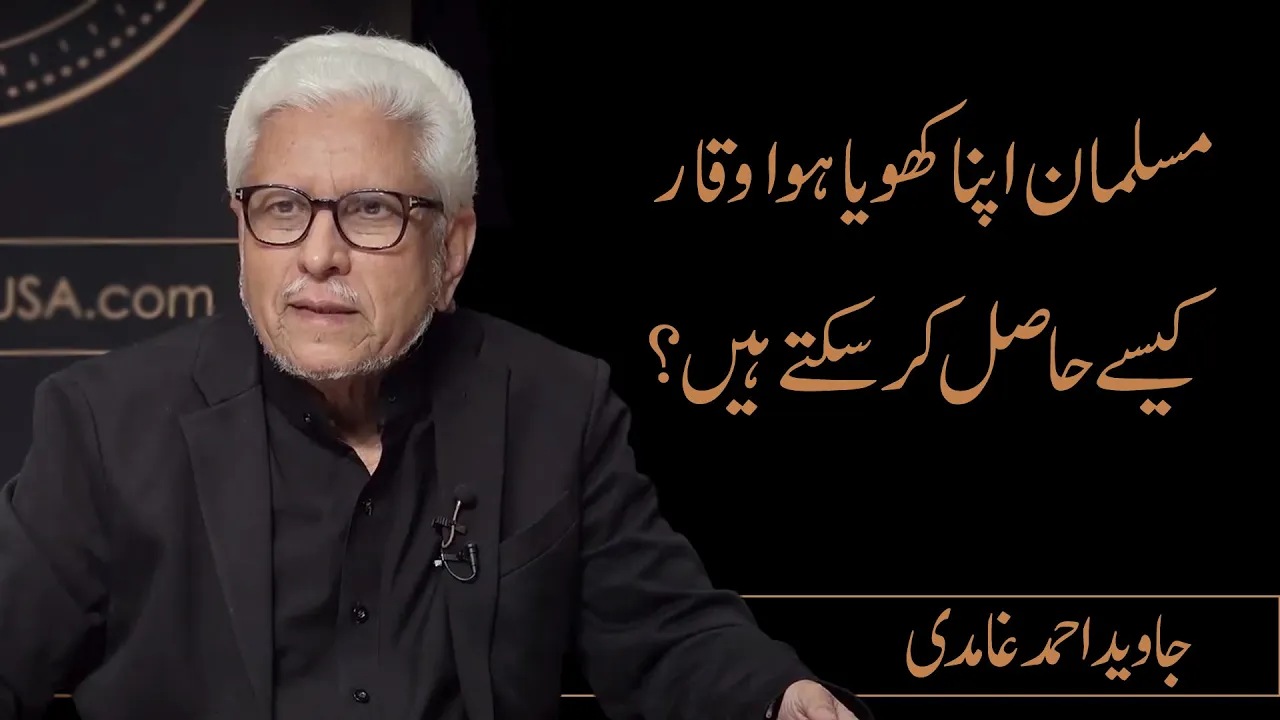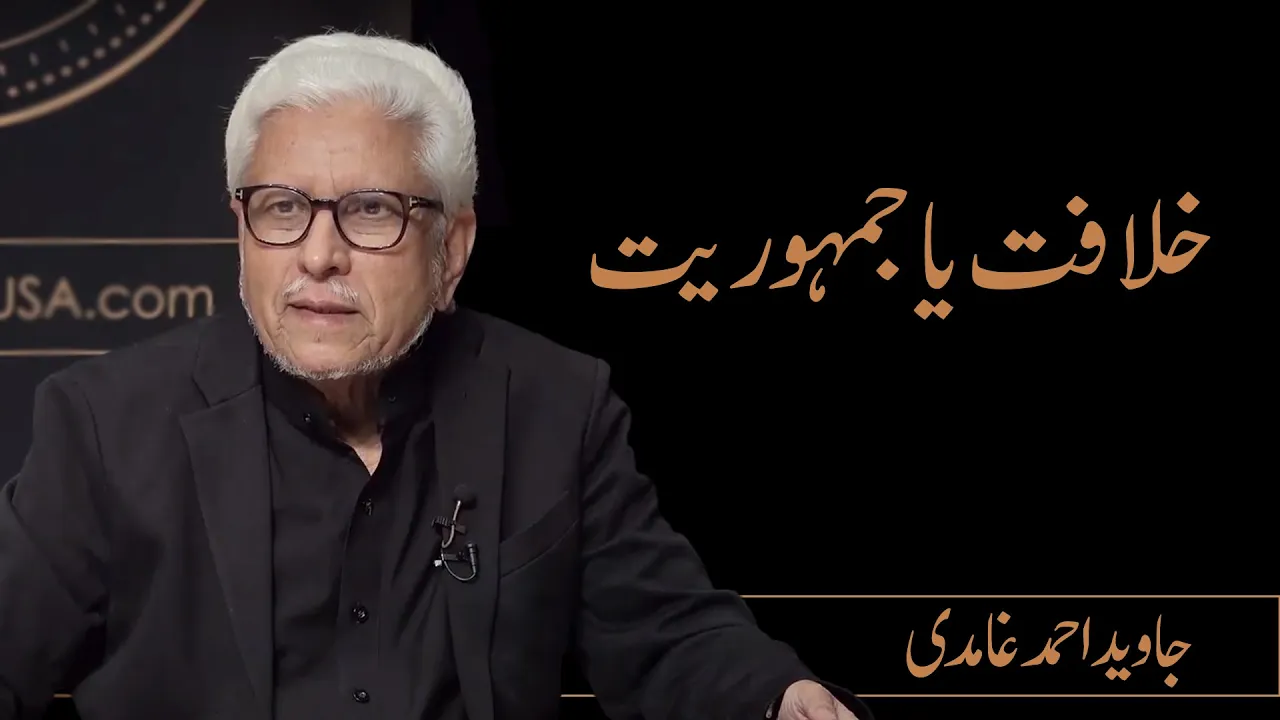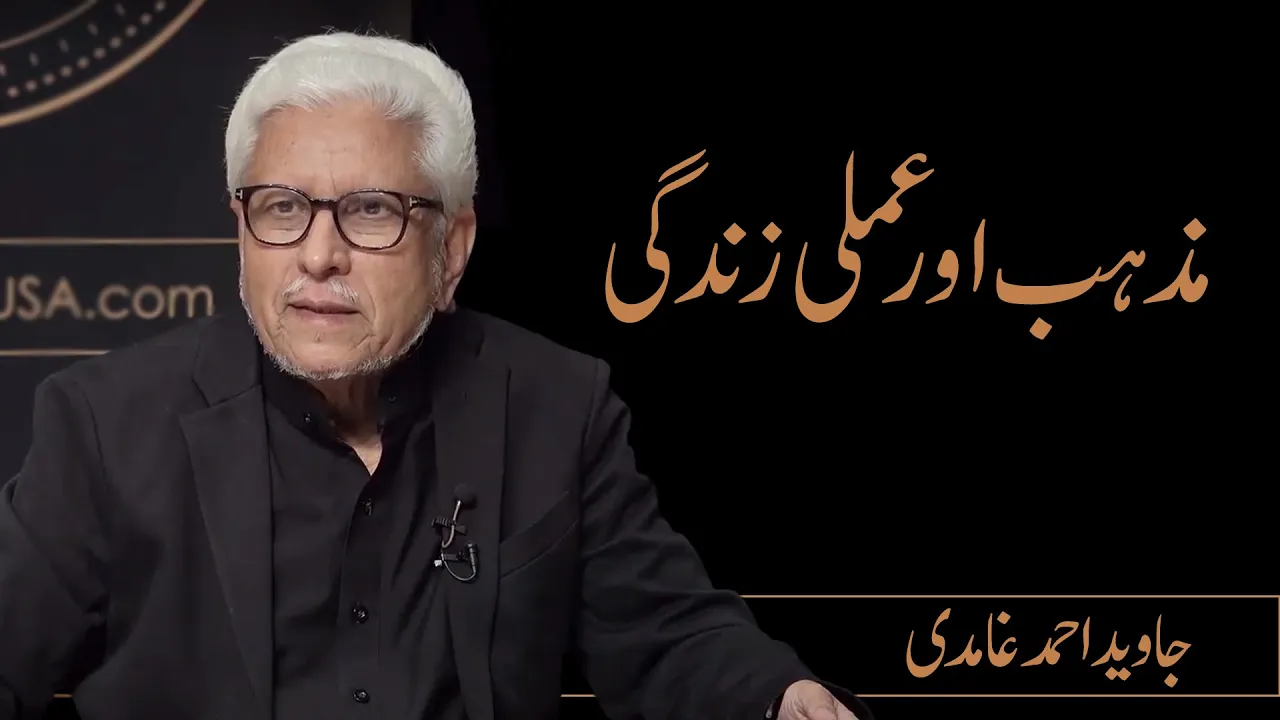Question
On several articles on your website you talk about tawatur with reference to sunnah. You say that collection of hadith is not sunnah. Is not hadith a source of sunnah? How else would we know how much to pay in zakat, how to do salat or do sawm? If you claim that sunnah is passed on generation to generation and preserved, then how come the shias offer salat differently from sunis, how come their fast has different times for breaking and starting than sunni’s fast? Where did the change come from? Obviously passing down the sunnah generation to generation has not worked very well, otherwise we would be offering the rituals in the same way. Has Allah promised to preserve the sunnah?
Answer
There is no denying the fact that the basic contents of Islam have been preserved and passed down to us through generation to generation mode of transfer. This makes it secure and keeps it from any alteration and renders it authentic at the ultimate level. None can raise a question on the authenticity of the Qur’an and the Sunnah.
The Hadith is of course a very important source of details and the prophetic method of performing these sunan and discharging the directives of the Qur’an but a Sunnah does not hinge upon the Hadith for its authentication. An individual report is always subject to discussion and none of the Muslim scholars ever said that the Hadith are the ultimately reliable source of knowledge. Individual to individual reports are inherently pregnant with certain shortcomings which cannot be removed. Therefore you cannot force others to accept the reliability of such a report.
In this connection Mr. Shehzad Saleem observes.
“The mechanism of this mode of transmission is such that even if a text possesses the afore-mentioned characteristics, it cannot be established beyond any shadow of doubt. No doubt, it gives credence to the authenticity of a text, but it is not infallible. Consequently, there have been instances where researchers have challenged the provenance of a text. This is due to the following two inherent shortcomings in the nature of this transmission.
Firstly, collecting factual details about a person has its own limitations. Such data depends upon so many variants that one cannot be absolutely certain about the gathered information. Consequently, conflicting reports may be found about a single individual.
Secondly, even if it is supposed that the above information has been collected perfectly, one cannot obviously fully rely on the memory and character of the persons who have transmitted the text. A person can have a photographic memory but it cannot be free of errors. Similarly, a person may be of exceptional character but he cannot be expected to be at his best all the time.”
As for the sunan, none among the Muslims can deny that they are authentic and the one who denies them surely denies a basic source of the religion.
As for the deference among the Muslim sect is concerned, it only occurs in details where the prophet has left people with the choice or he did something as a supererogatory part and later some people stuck to it and considered it an integral part of that practice. Take for example the matter of prayer. Its apparent form and the basic utterances were taught to all and sundry by the Prophet (sws) and it was then passed on to the next generation without a break. The minor difference only occurs where some people take one of the given choices and necessary part and negate other options. Another thing is that over emphasis and perpetual discussion have raised the points of difference to an exaggerated state where as points of difference are in fact very small in number.
The fact that we cannot doubt generation to generation perpetuated practices needs no arguments. Any student of history and religious disciplines knows its importance. What do you think was the means to know about religion before the scholars compiled the Hadith? We learn the necessary parts of the observances through this practice in the community not from the books of Hadith. However this does not mean that Hadith is of no use. Its importance is established for it offers us an opportunity to learn the prophet’s explanations of the sources and his way of performing the obligations. It is only that Islam does not hinge upon the Hadith. This is why the scholars of the Hadith derived this principle that the Hadith cannot be accepted when it is contradicting the Qur’a#n and the Sunnah. Khatib Baghdadi in his book Al Kifayah fi `Ilm irrawayah says:
An individual-to-individual report cannot be accepted if it offends common sense, the Holy Qur’an, and the known Sunnah (recognized by the Muslim community) or practice, which is as current as Sunnah or is against an argument which is definitive. (Al Kifayah fi `Ilm ir Riwayah)
Imam Shatibi in his treatise Muwafaqat observes:
All religious sources are either absolutely reliable or probable. If it is absolutely reliable then there is no argument with deriving religious obligations from them. For example, matters pertaining to taharah, Hajj and fasting (living example). If they are not reliable then either they originate from a source (like that of innate guidance or Qur’anic assertions). In this case it will be considered reliable because it is supported by the established sources and it does not come under the dictates of the original sources. This type of narratives is further classified into two categories:
a. Those that are in contradiction to the basic sources, and b. Those that do not.
In the former, the report will be rejected and in the latter it will always remain under consideration.
I think it is now clear how Muslim scholars classify the religious knowledge and consider the individual reports only when they are supported by the authentic sources.
As for the difference of timing of the fasting it is only because of the difference of interpretation of the related Qur’anic text. They also consider another source of religious knowledge that is the imam. This also causes some differences in some matters where they consider information coming down form them to be divine in nature.
Answered by: Tariq Mahmood Hashmi
Date: 2015-01-02


